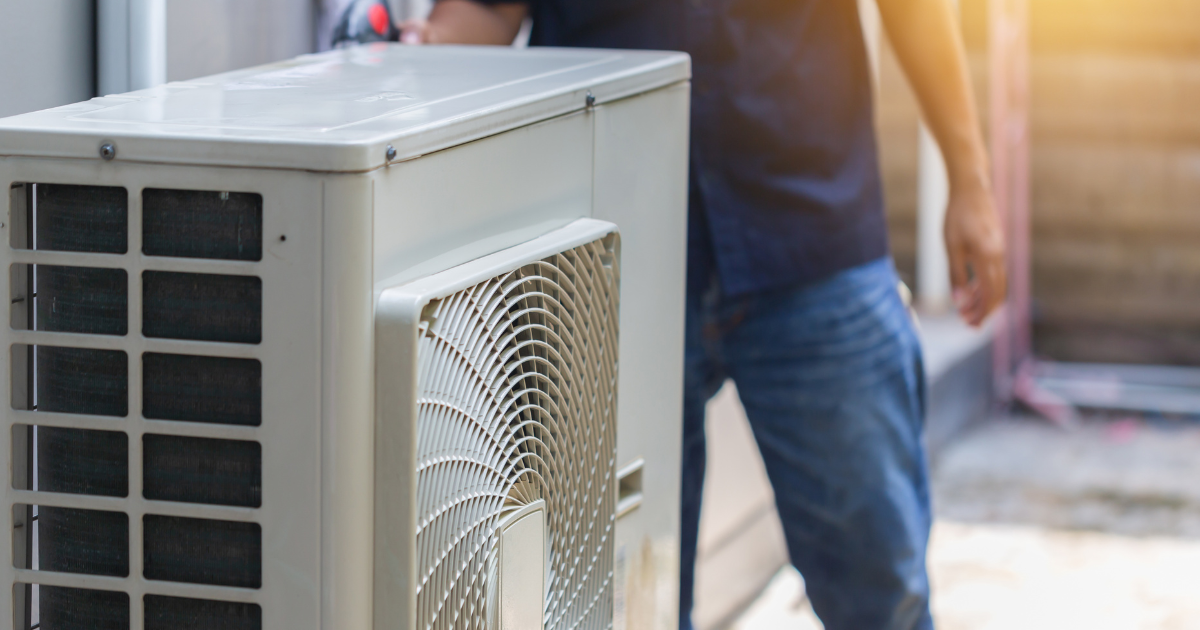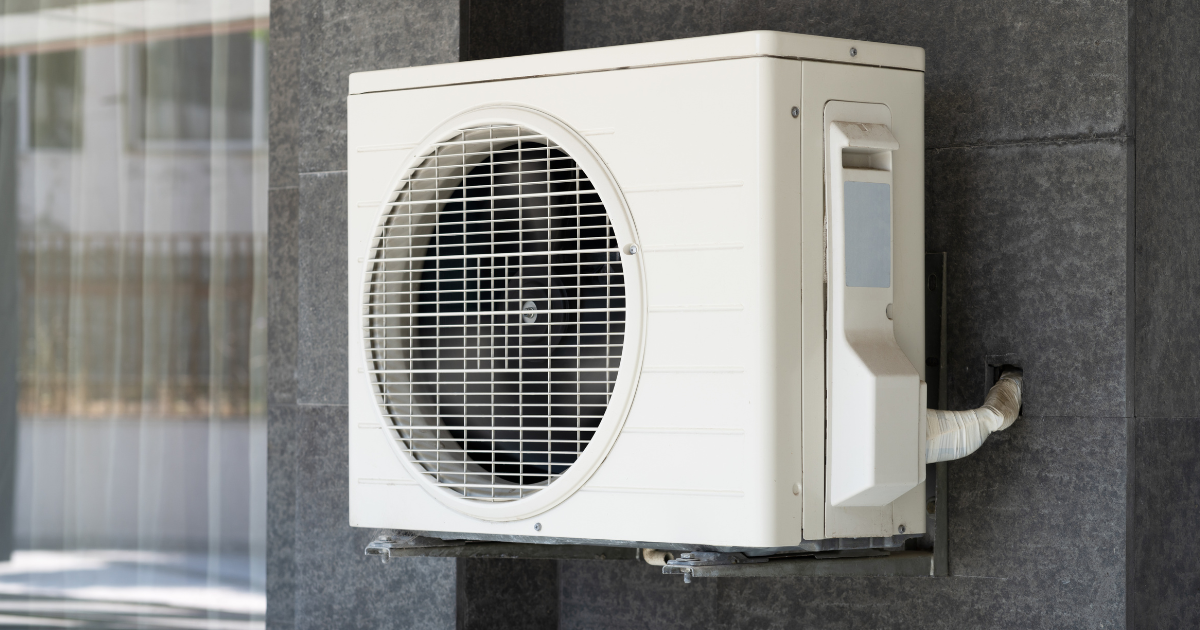Squeezing More Life From Your HVAC System
Your HVAC system represents a substantial investment in your comfort and health — it only makes sense that you want your system to last for as long as possible.
According to the United States Department of Energy, most HVAC solutions last for approximately fifteen years — at which point, they usually need replacing due to breakdown, performance loss, or change in industry standards. That doesn’t mean you can’t prolong the vitality and performance of your system, by taking good care of it. Knowing the right steps for caring for your HVAC system can help to delay replacement, and save your hard-earned money.
1. Schedule Preventive Maintenance
It’s unrealistic to assume you can turn on your unit at the beginning of every year, run it non-stop, and expect it to continue working forever. In any mechanical system, parts will eventually break down and need to be replaced — and it’s best to catch potential problems before they mutate into serious issues.
Scheduling preventive maintenance for your HVAC system is one of the easiest, and most effective, ways to prolong its lifespan. A simple inspection and tune-up can be enough to prevent (and correct) a variety of problems; such as leaky ducts, failing parts, and even low refrigerant levels. System check-ups for a HVAC system should include an inspection of the thermostat, controls, electrical connections, and blower. Getting your system checked on a frequent basis doesn’t take long, and can save you from increased energy bills and failure risks.
2. Replace Air Filters Regularly
Changing the air filters in your HVAC system is another important measure you can take to preserve the system’s lifespan. A clean air filter is essential for keeping unwanted particles out of the system — while also helping the AC and furnace run more efficiently, because they don’t need to strain in order to cool, or heat. Depending on the air filter you use, a dense, pleated option may even be able to capture small particles, improving your overall air quality.
Filters that are clogged with debris, pet hair, and dust make your system work significantly harder. Determining how often to change your filters will depend on the type of filters you use; but many experts recommend replacing them every 90-days or so. If you’re unsure, check your filter each month — if it looks dirty, buy a new one.
3. Keep Everything Clean
Just as it’s important to keep your filters free of dust and debris, it’s also crucial to get your systems cleaned at the start of each season; otherwise a buildup of dirt can damage their performance. Getting this cleaning session out of the way early will help you catch any problems, before they grow too significant. When cleaning the full system, check the passages to and from the HVAC, for excessive dust that might cause the unit to work harder than it should.
It’s also beneficial to contact an expert, to have the coils and compressors within the HVAC system professionally cleaned. A professional cleaning will ensure that your unit works as good as new — and avoids the risk of incorrectly cleaning it on your own.
4. Support Proper Air Circulation
The more obstructions around the vents of your HVAC system, the harder the unit has to work to circulate air throughout your property. Keep all of the interior doors of your property open, to ensure proper airflow — but make sure you don’t leave your windows open, as this can waste all of the energy your HVAC uses.
Clear furniture and other items away from the registers, grills, and vents; so that air can move freely through the atmosphere. If your HVAC is outside, trim bushes, leaves, and grass so as not to encroach on the system. The more you promote good airflow, the easier your HVAC system’s job will be — and you may also lower moisture accumulation in the home, reducing your risk of exposure to mold and bacteria.
5. Give Your Unit a Break
Just like any mechanical system, your HVAC needs time to recuperate, so it doesn’t wear itself out too quickly. You can support your unit, and give it some downtime, by turning it off when you leave the house — or using fans in the floor and ceiling, when the weather is cooler. Using drapes to maintain temperature, or opening the windows once in a while, can offer some much-needed rest to a hardworking system. Even installing a programmable thermostat can be helpful in reducing the amount of stress on your HVAC system.
Maintain Your HVAC System
Just like any machine, taking care of your HVAC system properly will ensure that it provides you with optimum temperature control for as long as possible. The more you do to maintain your HVAC unit, the less you’ll need to worry about achieving home comfort — and keeping your energy bill under control.

Bob Jenson
For over 45 years, Bob Jenson has been providing quality heating and air services to the San Diego community.
Request Service
Please fill out the form below to request an estimate or schedule service.
"*" indicates required fields







